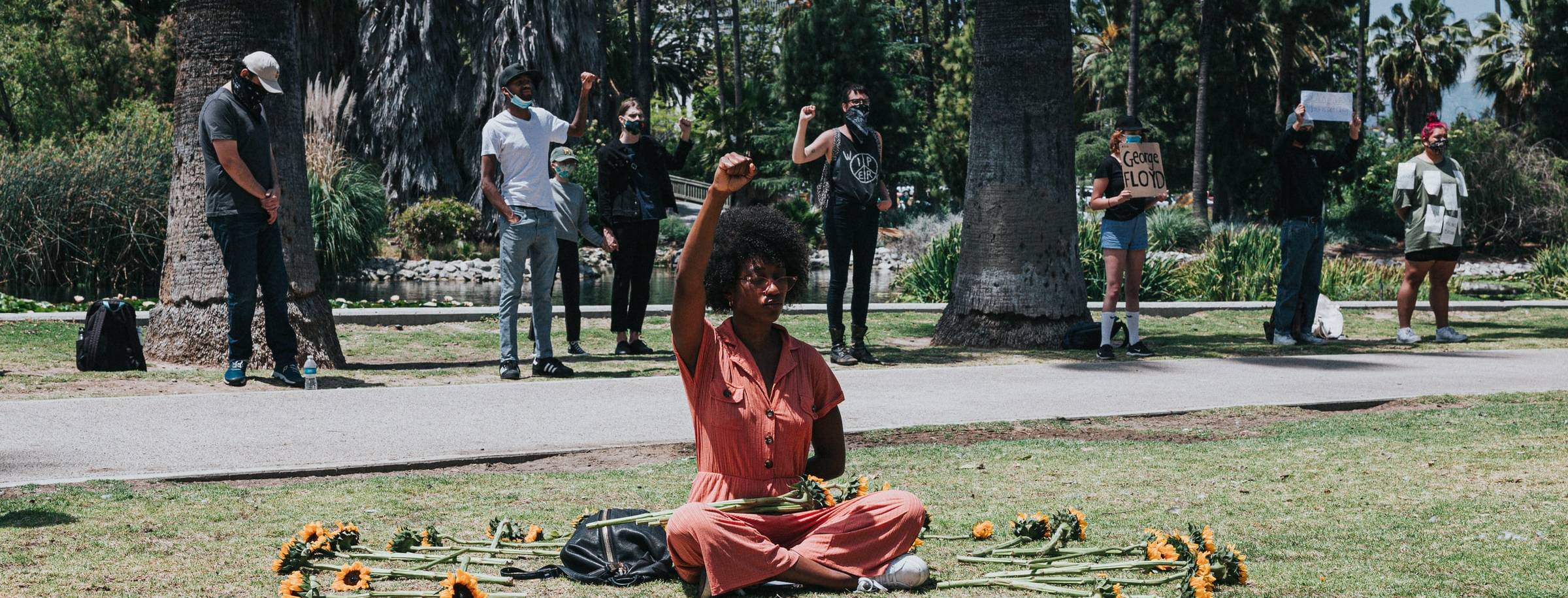Three days after Floyd’s death, Alia Jeraj, an educator in Minneapolis, penned an open letter urging her fellow Ismailis to work against racism. It spread on social media. When it reached Salima Versi, a psychotherapist in Edmonton, she seized the call to act. Working with three others, she created an anti-racism course for members of the Ismaili community.
Versi is among a growing group of politically engaged Ismailis grappling with racism around them. Across Canada, these volunteers and professionals are bolstering the anti-racism movement by working to change attitudes among family, friends, colleagues and society at large.
These change-makers draw inspiration from the Black Lives Matter (BLM) movement, which has called attention to police violence and fatal shootings against Black Americans since 2013, and sparked global activism. In Canada, BLM activists have focused on police violence against Black and Indigenous communities and pushed Canadians to speak more openly about race. In doing so, the anti-racism movement sheds light on systemic racism, which refers to ways institutions and cultural practices create and reinforce racial inequities. Systemic racism can be explicit, such as a law denying the right to vote to a racial group, or more hidden, such as a hiring or admissions process that subtly favours certain groups over others.
“There is genuine desire to look at how we are dealing with these questions [as Ismaili Muslims],” says Taleeb Noormohamed, a member of the Aga Khan Council for Canada’s Social Justice Task Force (SJTF).
Formed in the wake of BLM protests in June 2020, this task force serves as an extension of the Council’s Diversity and Inclusion portfolio, working to create dialogue about equity and justice in the context of Ismaili tradition and institutions. It has hosted panel discussions on equity, inclusion and social justice as a means to inspire change.
“We refer to them as curated safer spaces where we can have these conversations, perhaps engage in what we call ‘productive discomfort,’” says Shelina Kassam, a critical race scholar at the University of Toronto and a task force member.












